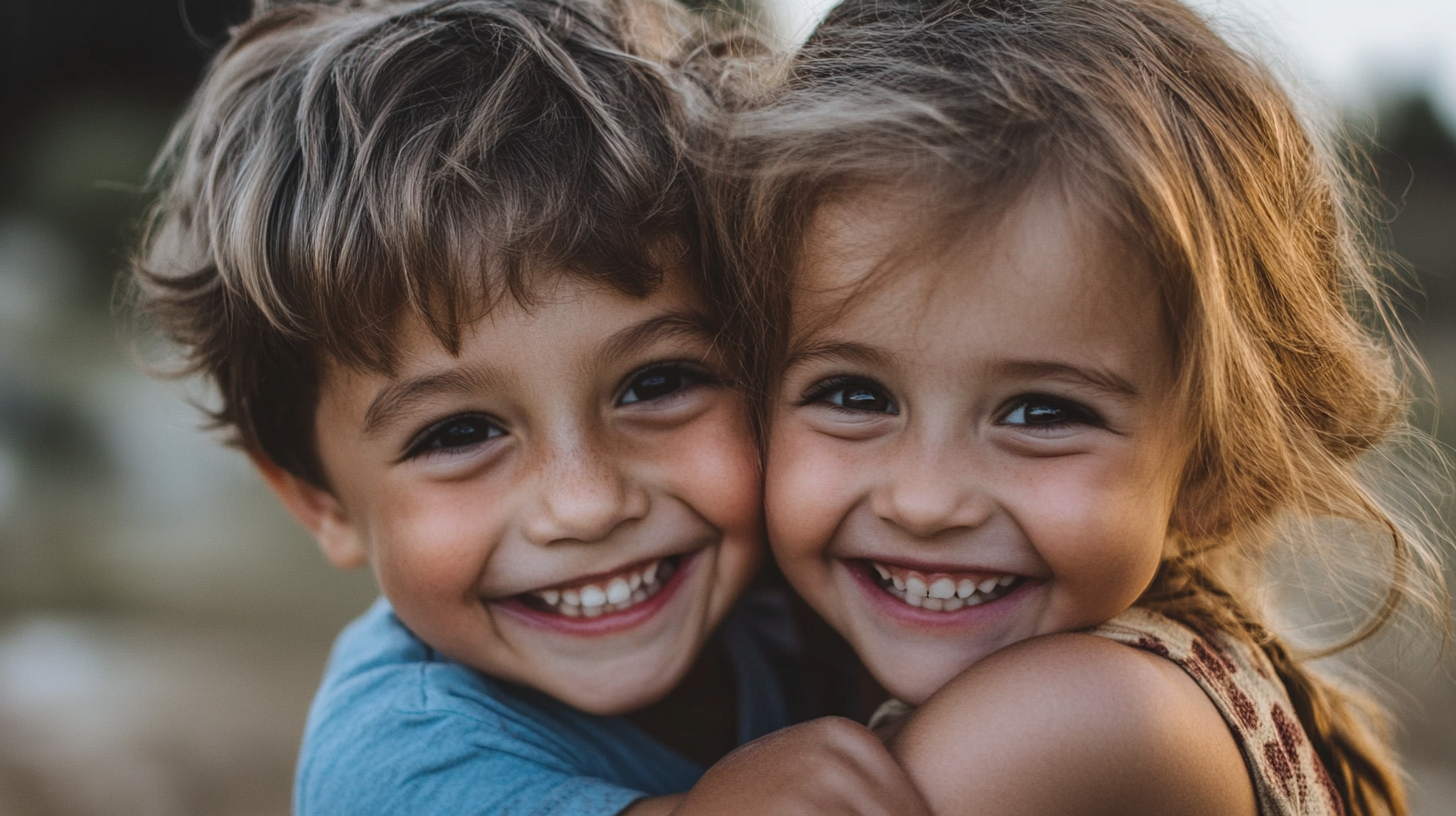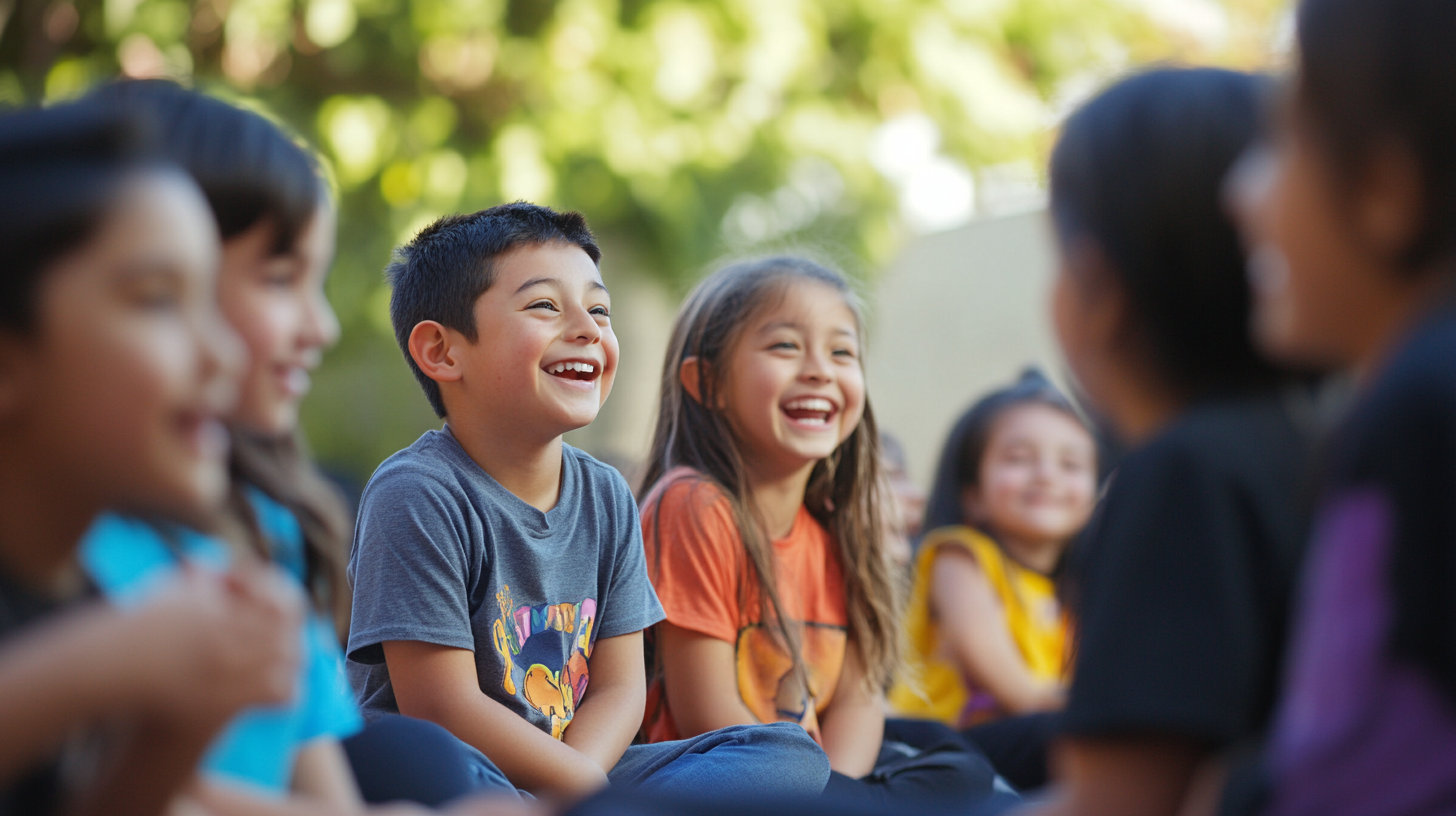In today’s fast-paced world, social skills are more important than ever. They help us navigate the complexities of relationships and make meaningful connections with others. For young children, developing these skills is crucial. Early learning centers play a vital role in fostering friendships and emotional development.
The Importance of Social Skills in Early Childhood
Social skills are the building blocks of a child’s future. They enable children to communicate, collaborate, and build relationships. In early childhood, these skills lay the foundation for later success in school and life.
Why Social Skills Matter
Social skills are essential for several reasons:
- Communication: Effective communication is key to understanding and being understood by others.
- Collaboration: Working with peers teaches children how to share, take turns, and work as part of a team.
- Conflict Resolution: Learning to resolve conflicts peacefully helps children manage disagreements and maintain friendships.
- Empathy: Understanding and empathizing with others’ feelings fosters compassion and emotional intelligence.
The Role of Emotional Development
Emotional development is closely linked to social skills. When children develop emotionally, they become better equipped to handle social interactions. Early learning centers focus on nurturing both social and emotional development, creating a well-rounded approach to childhood education.

How Early Learning Centers Support Social Skills
Early learning centers provide an environment where children can practice and develop social skills. Through structured activities and free play, children learn to navigate social situations, build friendships, and develop emotional intelligence.
Structured Activities
Many early learning centers incorporate structured activities into their curriculum to promote social skills. These activities are designed to teach specific skills and provide opportunities for practice. Some examples include:
- Group Projects: Working together on a project encourages teamwork and communication.
- Role-Playing: Acting out scenarios helps children practice empathy and problem-solving.
- Storytelling: Sharing stories allows children to express themselves and listen to others.
Free Play
While structured activities are important, free play is equally valuable. It provides children with the opportunity to explore social interactions at their own pace. During free play, children learn to:
- Negotiate Rules: Deciding on rules for games teaches compromise and cooperation.
- Share Resources: Learning to share toys and materials fosters generosity and patience.
- Form Friendships: Making friends during play helps children feel connected and valued.
The Benefits of Peer Interaction
Interactions with peers are a key component of social skill development. Through these interactions, children learn about themselves and others. They gain insights into different perspectives and develop a sense of belonging.
Building Friendships
Friendships are an important part of childhood. They provide emotional support, boost self-esteem, and offer opportunities for learning. In early learning centers, children have the chance to form and maintain friendships in a supportive environment.
Learning from Peers
Children learn a great deal from their peers. Observing others helps children develop new skills and understand social norms. Peer interactions also offer opportunities for feedback and self-reflection, which are crucial for personal growth.

The Role of Teachers in Social Skill Development
Teachers play a crucial role in fostering social skills in early learning centers. They create a positive and inclusive environment where all children feel valued and respected.
Encouraging Positive Interactions
Teachers encourage positive interactions by modeling appropriate behavior and setting clear expectations. They also provide guidance and support when conflicts arise, helping children learn to resolve disagreements peacefully.
Creating a Safe Space
A safe and supportive environment is essential for social skill development. Teachers establish clear rules and routines, ensuring that all children feel secure and comfortable. This allows children to focus on building relationships and developing social skills.
Providing Individualized Support
Every child is unique, and teachers recognize this by providing individualized support. They work with children to identify their strengths and areas for growth, offering targeted guidance to help each child succeed.
Conclusion
Early learning centers play a vital role in building social skills and fostering friendships. Through structured activities, free play, and positive peer interactions, children develop the skills they need for success in school and life. With the support of caring teachers, children learn to communicate, collaborate, and empathize with others. These skills lay the foundation for a lifetime of meaningful relationships.
As parents and educators, it’s important to recognize the value of early childhood education in developing social skills. By providing children with a supportive environment and opportunities to learn and grow, we help them build a strong foundation for the future.
Contact Open Doors Preschool
Are you ready to give your child the gift of social skills and friendships? At Open Doors Preschool, we provide a nurturing environment where children can thrive socially and emotionally.
Contact us today to learn more about our programs and how we can support your child’s development! Let’s work together to build a brighter future for your child!

